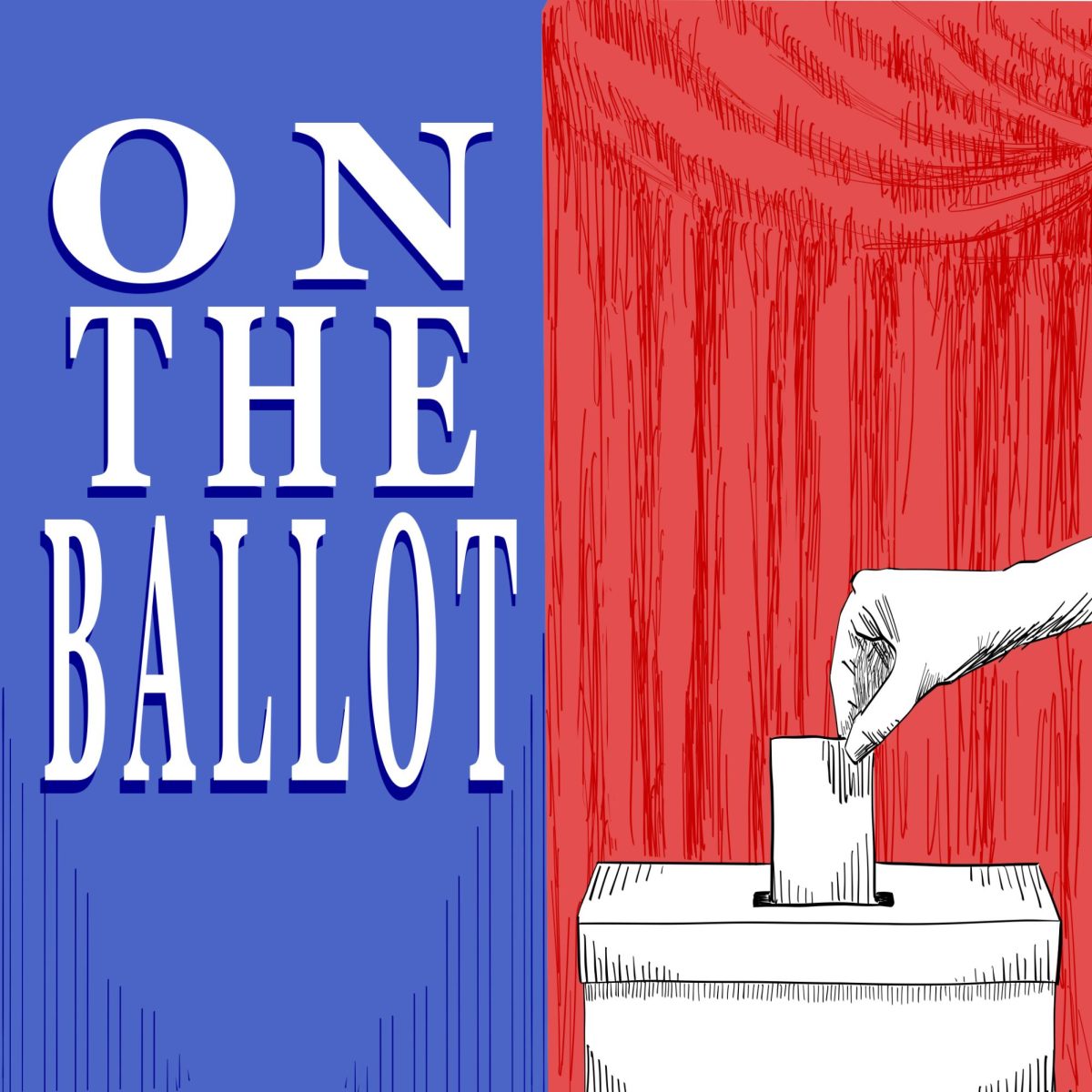Proposition 34, one of 10 propositions on the California ballot this November, would create new rules about how certain healthcare providers can spend revenue from federal discount prescription drug programs. It also authorizes the state of California to negotiate Medi-Cal drug prices.
Federal discount prescription drug programs allow patients to buy drugs at a discount while the provider bills insurance companies full price, allowing the provider — like a hospital, clinic or pharmacy — to make a profit which should help the organization expand its goals.
Providers are eligible for these programs as long as they are a public or private nonprofit that focuses on serving low-income communities.
Prop 34 would not affect all healthcare providers who profit from these federal discount drug programs, only those who meet both of these criteria:
- Spent over $100,000,000 in any 10-year period on anything other than direct patient care
- Operated multifamily housing reported to have at least 500 high-severity health and safety violations
Specifically, Prop 34 would require those organizations to spend 98 percent of their discount drug program revenue on direct patient care. If they do not comply, the organization’s healthcare licenses and tax-exemption status would be revoked.
So far, the only clear provider who may meet both of these specific requirements is the AIDS Healthcare Foundation.
The organization’s mission focuses largely on HIV and AIDS prevention and treatment, however it provides care beyond sexual healthcare. The AHF provides primary care, mental health care, dental services and runs over 62 pharmacies that benefit from federal discount prescription drug programs.
The AHF spent $41.1 million towards sponsoring Prop 33, a non-healthcare-related initiative focusing on rent control, which will also be on the ballot in November. The nonprofit also sponsored unsuccessful rent control-related measures in both 2018 and 2020, and their spending has totaled over $150 million.
A Los Angeles Times investigation also found dangerous and unsafe conditions in multiple properties in Skid Row which are owned by the AHS.
If the prop passes, courts would individually evaluate and determine whether a specific organization meets the criteria. Right now, there is no telling the exact number of other organizations who may meet it.
The other aspect of the bill allows the state to negotiate Medi-Cal drug prices, which supporters say could lower Medi-Cal prescription costs.
The California Apartment Association sponsored Prop 34. It is supported by the ALS Association, California Chronic Care Coalition and Latino Heritage Los Angeles.
“Rising healthcare costs are squeezing millions of Californians. Prop. 34 will give California patients and taxpayers much needed relief, and lowers state drug costs, while saving California taxpayers billions,” the pro-argument of the California voter guide stated.
Aside from the AHF, Prop 34 is opposed by the National Organization for Women, Consumer Watchdog, Coalition for Economic Survival and Dolores Huerta.
“The California Apartment Association, representing the billionaire landlords, is lying through its teeth. Prop. 34 has one and only one purpose: to prevent AFH from supporting rent control,” the anti-argument of the California voter guide stated.
“[There would be] increased state costs, likely in the millions of dollars annually, to enforce new rules on certain health care entities,” the legislative analyst of the California voter guide stated.
The healthcare entities themselves would be made to cover these costs, not the state.
The election will take place on Nov. 5, but ballots began mailing out on Oct. 7 in Butte County.
Anthony Vasek can be reached at orionmanagingeditor@gmail.com and anthonydvasek@gmail.com.








